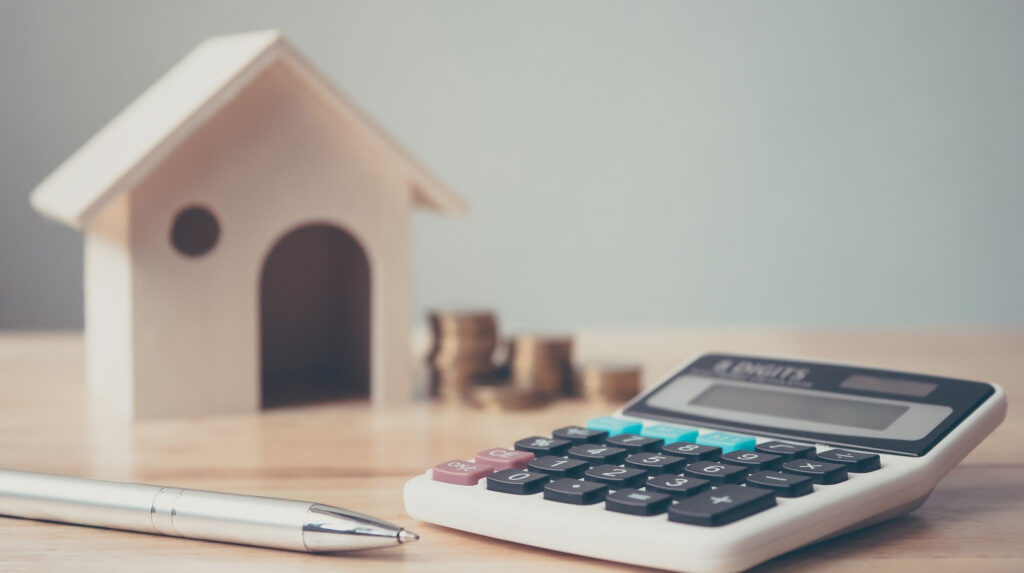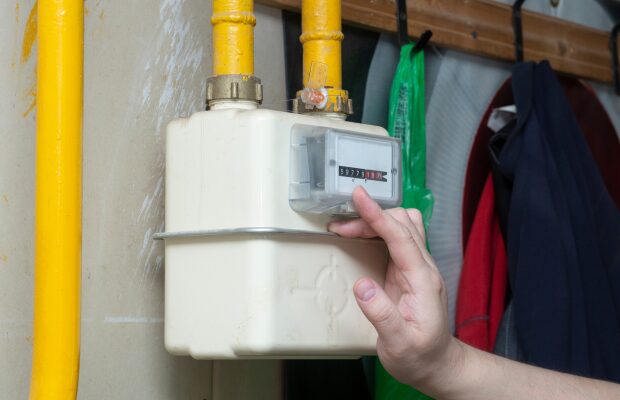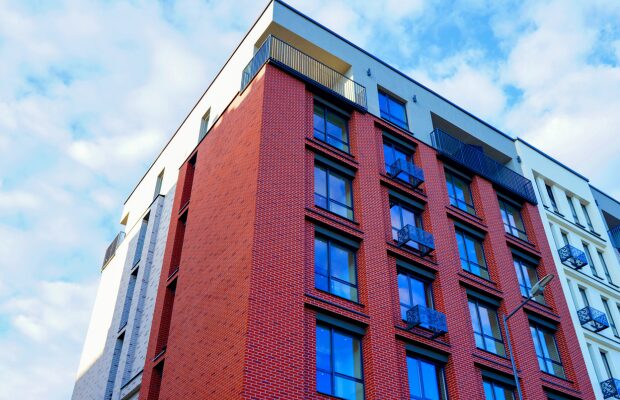Landlord taxes can be complicated and if you’re a new landlord, there is a lot to consider.
In this guide, we explain everything you need to know about the various taxes that will affect you as a landlord, how to pay them and how you can ensure you’re paying the correct amount…
How much tax do landlords pay on rental property?
When you rent out a property, you may be liable for a host of taxes, including:
- Stamp duty
- Income tax
- Corporation tax
If you sell a rental property, meanwhile, you may have to pay capital gains tax.
The amount of tax you’ll need to pay when renting out property will depend on:
- Your overall annual income
- The purchase price of your property
- What deductions and allowances you can make
- Whether or not your rental income goes through a limited company
- The profit you make when you sell a rental property
1. Stamp duty
When you buy a property to rent out in England, you may have to pay stamp duty.
Landlords purchasing a buy-to-let property, or those buying second homes, must pay a 3% stamp duty surcharge.
That means the stamp duty bands for landlords are:
| Portion of purchase price | Buy-to-let stamp duty rate |
| £0 – £125,000* | 3% |
| £125,001 – £250,000 | 5% |
| £250,001 – £925,000 | 8% |
| £925,001 – £1.5m | 13% |
| £1.5m + | 15% |
* If the total purchase price is lower than £40,000, there is no stamp duty to pay
Paying stamp duty
If you have stamp duty to pay, you must complete a Stamp Duty Land Tax return for HMRC and pay your bill within 14 days of completing your purchase.
Your solicitor or conveyancer will usually do this for you, or you can opt to complete the return and pay the bill yourself.
2. Income tax and national insurance
If you earn an income from renting out property, you may have to complete a self-assessment tax return and pay income tax.
How much you’ll pay will depend on:
- How much you earn from your rental properties
- Any other sources of income you have
- Any deductions you can make from your bill
Personal allowance and income tax bands
All income taxpayers can deduct a personal allowance from their taxable income, which is set at £12,570 until 2026.
Income tax is then chargeable at the following rates:
| Portion of income | Tax rate |
| £12,750 – £50,270 | 20% (basic rate) |
| £50,271 – £150,000 | 40% (higher rate) |
| £150,000 + | 45% (additional rate) |
Landlords can also claim a tax-free property allowance if they make less than £1,000 per year from renting property outside of a limited company.
Landlord tax allowances
To reduce your income tax bill, you can deduct certain expenses from your overall rental property profit.
Expenses you may be able to deduct from your tax bill include:
- Business costs, such as phone calls, travel and operating a home office
- Professional fees, like legal, accountancy, letting agent and surveyor fees
- Ground rent if the property is leasehold
- The cost of any property-related insurance policies
- Cleaning or gardening service costs
- Utility bills while the property is empty
Repairs and replacements
If you repair or replace certain items in your rental property, you may be able to deduct those costs from your income tax bill.
Repairs and replacements might include:
- Repairing or replacing furniture or furnishings
- Repairing or replacing appliances or kitchenware
The cost of replacing items can only be claimed up to the value of the old item.
For example, if you replace a sofa worth £500 with one that costs £1,000, you can only claim £500.
Class 2 National Insurance
You may have to pay class 2 national insurance if you:
- Make more than £6,475 per year from rental property
- Being a landlord is your main occupation
- You rent out more than one property
Paying income tax
If you make an income from renting property that’s above the tax-free property allowance, you’ll need to complete an annual self-assessment return.
The deadline for self-assessment on the most recently completed tax year (April to April) is January 31 each year.
3. Capital gains tax
When you sell a buy-to-let property, you may have to pay capital gains tax.
Capital gains tax applies to any difference, or ‘gain’, between the price you paid for the property and the price you sell it for, minus any allowable deductions.
Capital gains tax rates for property
If you only pay the basic rate of income tax (20%), you’ll be charged 18% on any capital gain from selling buy-to-let property.
If you pay the higher or additional rate of income tax (40% or 45%), you’ll be charged 28% on any gains from buy-to-let property.
Private residence relief
If you lived in your rental property before it was let to tenants, you may be able to claim private residence relief.
For example, if your rental property was your main residence for three years before you rented it out, you can claim capital gains tax relief on those three years plus the final nine months it was let.
Private residence relief can be complicated, so always seek advice from a tax advisor.
Allowable deductions
All taxpayers can claim a personal allowance of £12,300 that is deductible from any capital gains tax bill.
Also, professional fees when selling, plus the cost of any major improvements made to the property can be deducted from your capital gains tax bill.
Paying capital gains tax
Your capital gains tax return and payment must be completed within 30 days of completing the sale of your rental property.
3. Corporation tax
If you choose to incorporate a limited company to run your rental property business, you’ll have to pay corporation tax on your profits, rather than income tax or capital gains tax.
Corporation tax is charged at 19% but is due to rise to 25% in 2023.
Paying corporation tax
Your corporation tax bill and return are due annually, nine months after the end of your previous trading year.
So, if your trading year ends in September, you would need to file your return and pay your bill by June of the following year.
Deductions and allowances
Corporation tax is due on all profits, although certain business-related expenses can be deducted from your operating profit before tax is calculated.
Self-assessment
If you choose to extract money from your business, either as income or through paying yourself a shareholder dividend, you will have to complete an annual self-assessment tax return.
Tax on dividends is calculated differently to standard income, although the amount of tax you pay on a dividend will depend on which income tax band your overall income puts you in.
New landlord tax rules
Prior to April 2017, you could deduct 100% of your buy-to-let mortgage interest costs from your income tax bill.
That has now been phased out, however, and instead of the full deductions, you’ll receive a standard 20% tax credit on those payments.
Who is responsible for council tax – landlord or tenant?
In most cases, the tenant is responsible for paying council tax at a rental property.
However, if the property being rented out is an House in Multiple Occupation (HMO), where tenants rent rooms on an individual basis, the landlord may be responsible for paying the council in some cases.








